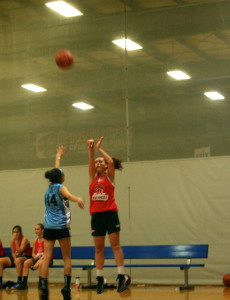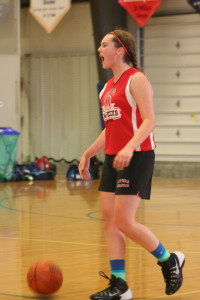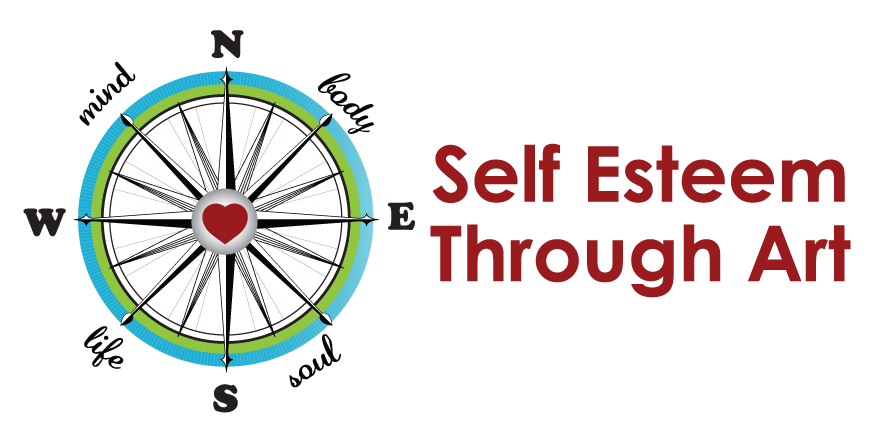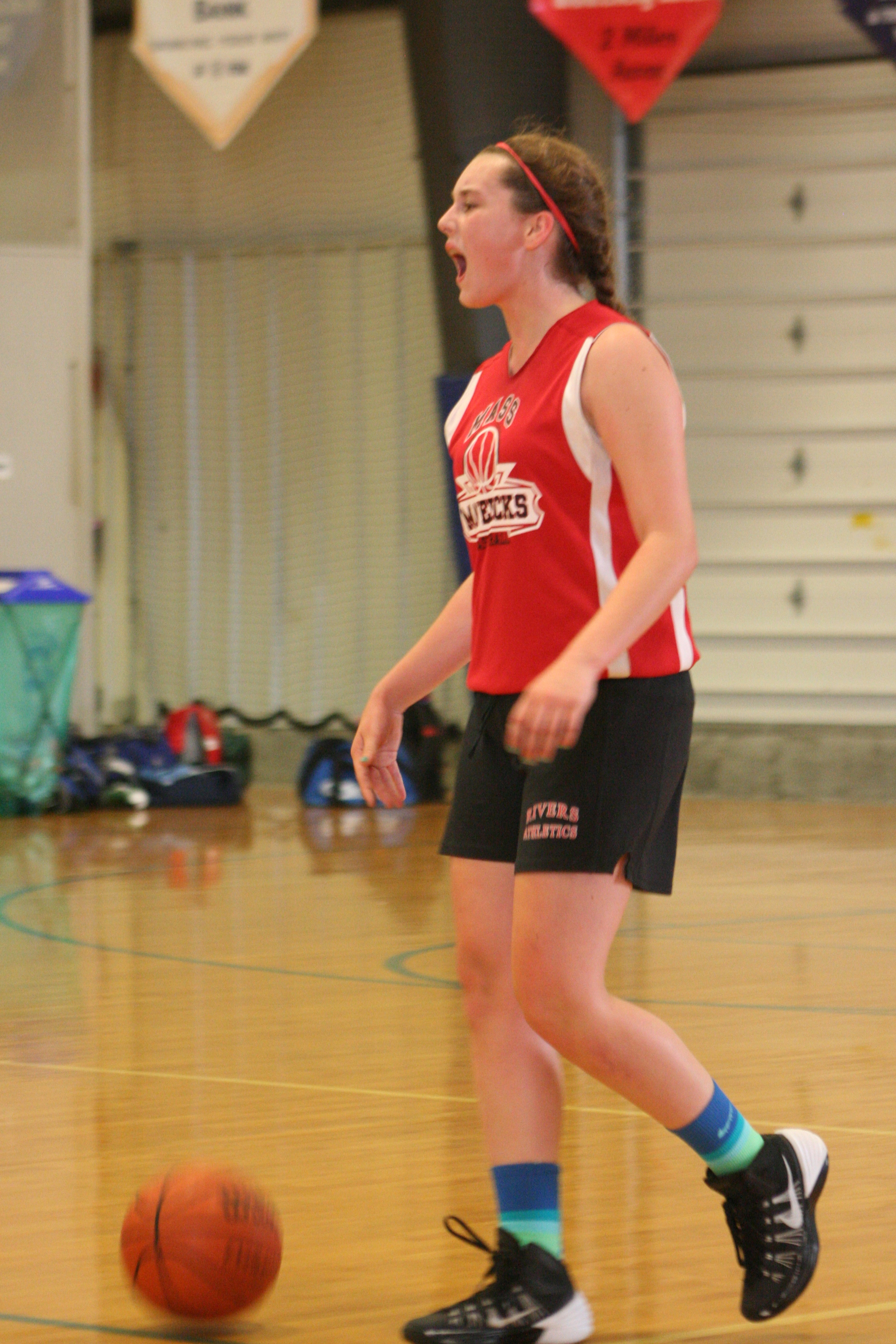If you are a subscriber to my newsletter, you may have already seen this. If you aren’t a subscriber, I hope you will become one and then read this post in its entirety, because it is really important.
Last week, we were invited to my daughter’s school for a student-run portfolio review. This was identical to a parent-teacher conference, with one major difference: it was entirely run by our daughter and there was nary a teacher in sight. For one hour, my daughter highlighted her most important middle school work. She identified what she perceived to be the most enjoyable aspects of her 6th-8th grade experience. She eloquently discussed the things that trip her up and what she believes are her biggest areas for growth. She showed us some of the work, projects, and papers she was most proud of and she talked about how the foundation she has built will prepare her for high school. She very maturely articulated how she felt about the social aspects of school and identified some of the challenges associated with them. She answered our questions thoughtfully and deliberately.
 But, it was her recap of her development as an athlete that ultimately caught our attention. A long-time three-sport athlete, she shared what she felt were her major contributions to her respective teams. Strength. Coachability. Dedication. Competitiveness. As she discussed her current basketball season, her mood got somber. You see, this is a young and very inexperienced team, and wins this season have been few and far between. The entire team looks to my daughter for leadership, guidance, and morale boosts. Because she is one of the oldest on the team and also the most experienced, she is also expected to do things like score the most points and turn water into wine. It has been a lot of pressure and in many ways, she feels as though she has failed.
But, it was her recap of her development as an athlete that ultimately caught our attention. A long-time three-sport athlete, she shared what she felt were her major contributions to her respective teams. Strength. Coachability. Dedication. Competitiveness. As she discussed her current basketball season, her mood got somber. You see, this is a young and very inexperienced team, and wins this season have been few and far between. The entire team looks to my daughter for leadership, guidance, and morale boosts. Because she is one of the oldest on the team and also the most experienced, she is also expected to do things like score the most points and turn water into wine. It has been a lot of pressure and in many ways, she feels as though she has failed.
As she was talking about the season, she mentioned how she feels as though she has let the younger kids (and her coach) down. She also talked about how, despite their standings, she is trying to remain positive and keep the girls “up” at practices and in games. She shared with us how she has enjoyed the friendships she has made and how it is very important to her to be a positive role model and nurture those friendships both on and off the court. She talked about how, despite her frustration with losing, she never loses her cool with the girls and always tries to find some way to positively encourage them and help them become better basketball players. She ended with, “This has been kind of hard for me because I don’t feel like I have grown at all as an athlete and a basketball player this year.”
You see, that’s the major misconception with organized sports these days! People feel as though you need to score the most baskets, be the strongest in the weight room, or become the most highly-recruited athlete going into college in order to be successful. I would like to politely call a “BULLSHIT” on that one. Athletic prowess is a gift, and a highly coveted one at that. But, the healthy development of an athlete’s character, both in and out of the locker room, is priceless—and should in no way be taken for granted!
 As much as my professional and personal focus is on character education and emotional intelligence, I have realized that I don’t ACTIVELY RECOGNIZE my children’s character on the court as much as I should. Aside from telling them how much I enjoy watching them play, when my daughters and I discuss their games or game-time performances, most of the conversation is either statistical (points scored, blocks made, rebounds, etc), physical (speed, strength, etc), or related to work ethic (you worked hard, we could tell you gave 100%, etc). Only once in a while do I make a conscious effort to comment on their character (“Hey, that was a really unselfish play” or, “I loved watching you give so-and-so a pep talk” or, “I love how you stayed positive despite the fact that I could tell you were frustrated.”). It definitely hasn’t been a deliberate omission on my part, but I realize now I have unintentionally been a part of the problem.
As much as my professional and personal focus is on character education and emotional intelligence, I have realized that I don’t ACTIVELY RECOGNIZE my children’s character on the court as much as I should. Aside from telling them how much I enjoy watching them play, when my daughters and I discuss their games or game-time performances, most of the conversation is either statistical (points scored, blocks made, rebounds, etc), physical (speed, strength, etc), or related to work ethic (you worked hard, we could tell you gave 100%, etc). Only once in a while do I make a conscious effort to comment on their character (“Hey, that was a really unselfish play” or, “I loved watching you give so-and-so a pep talk” or, “I love how you stayed positive despite the fact that I could tell you were frustrated.”). It definitely hasn’t been a deliberate omission on my part, but I realize now I have unintentionally been a part of the problem.
In neglecting to focus on character in our post-game chats, I have incorrectly let my daughter(s) believe that the only worthy contributions happen on the scoreboard. As soon as the words “I I don’t feel like I have grown at all as an athlete and a basketball player this year” came out of her mouth, both her dad and I called a mid-conference time out and told her that all of the things she had just said about being a role model and a friend and a positive energy force were the CLEAREST INDICATORS of how much she has grown as both an athlete and a human being. We told her she was leading by example and that was the best kind of leadership. We talked about how her character is the most important aspect of leadership and it is the continued development of that character that will take her far—in school, in sports, and in LIFE.
This experience reminded of a few of my favorite quotes on leadership:
- “A good leader is a person who takes a little more than his share of the blame and a little less than his share of the credit.” ~John C. Maxwell
- “Example is not the main thing in influencing others. It is the only thing.” ~Albert Schweitzer
- “I suppose that leadership at one time meant muscle; but today it means getting along with people.” ~Indira Gandhi
In many ways, I dropped the proverbial ball over here but I picked it right back up again and am moving on. Making character count is something that we will continue to work on…and I hope you will, too. I feel tremendous gratitude for that conference, for the chance to clarify with our daughter where we stand on an important issue, and for the opportunity to be a better parent. Mostly for the opportunity to be a better parent…
With humility and eyes wide open,
Jenn

